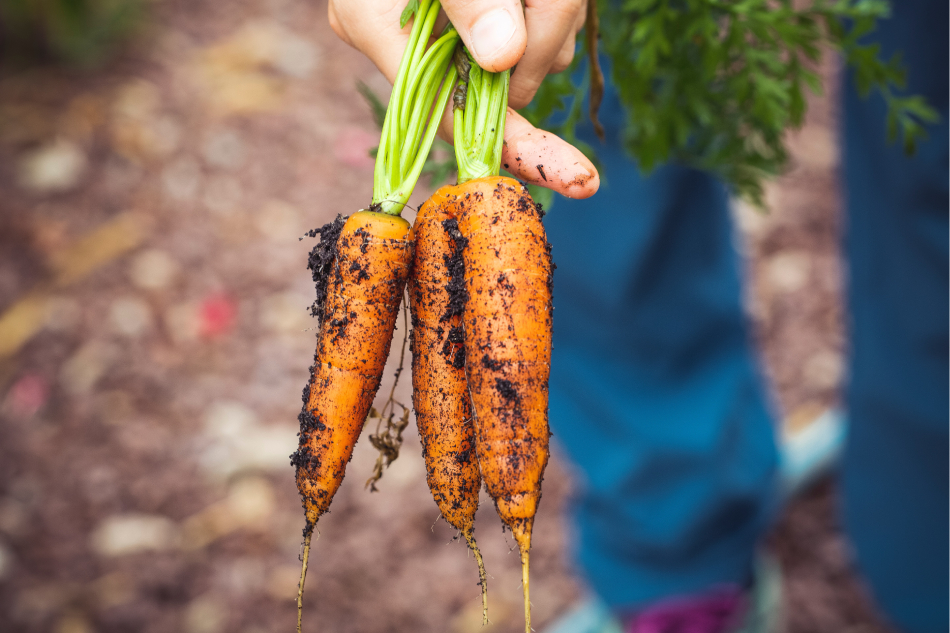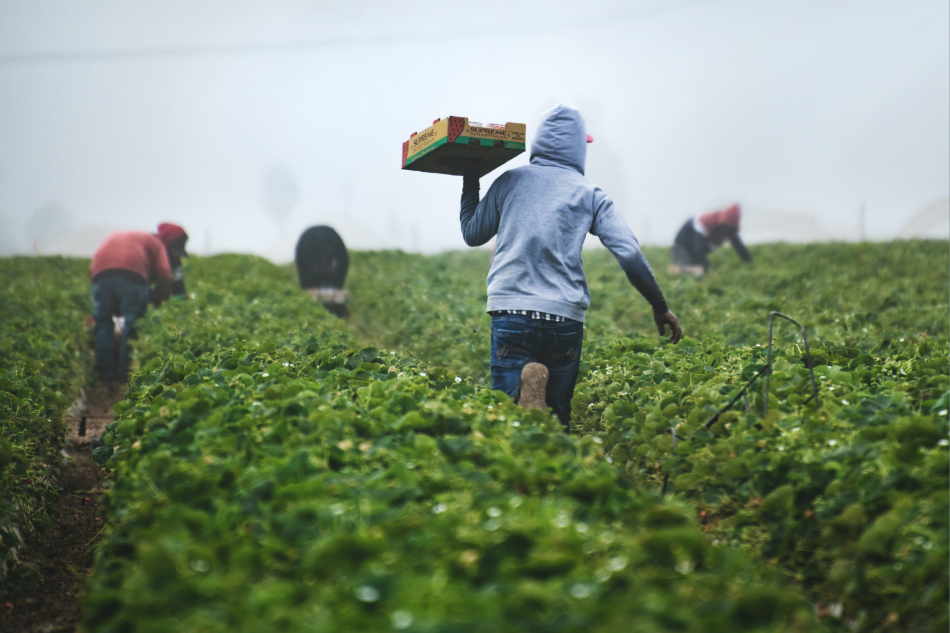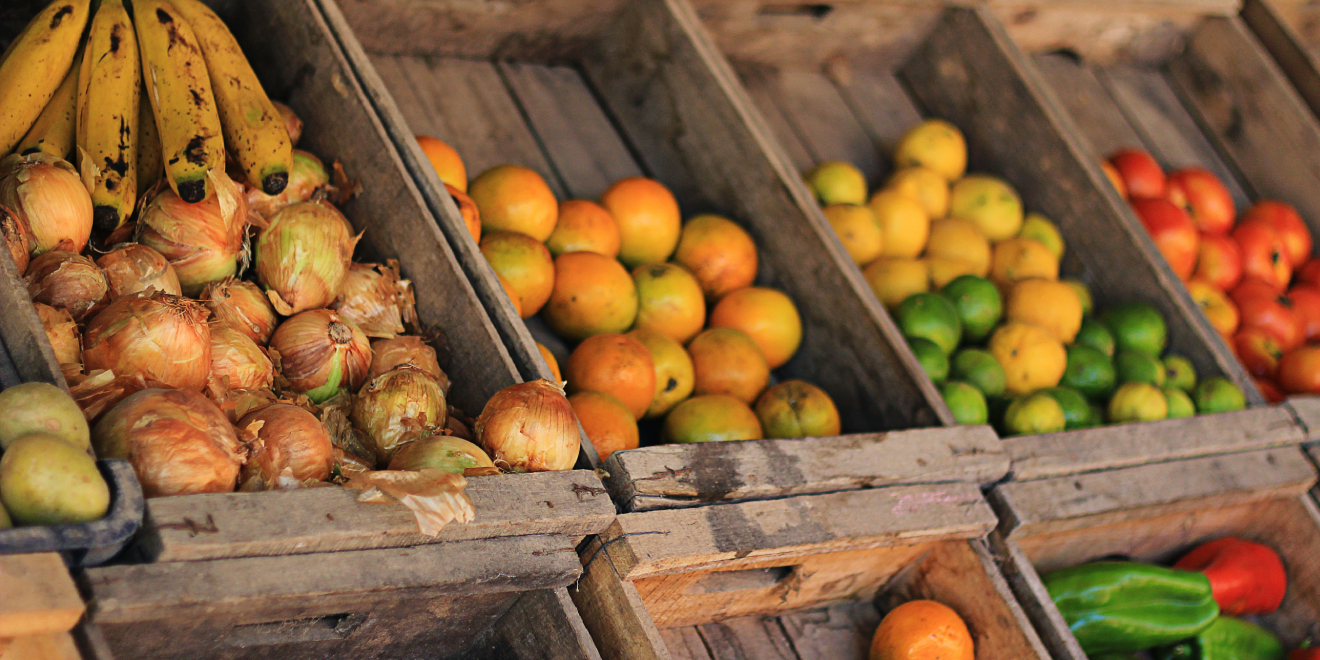Mauritius, known for its beautiful beaches, also holds a more sombre record: according to a 2021 report by the FAO, the island has become the world's largest consumer of pesticides per square kilometre! However, Mauritian farmers can reduce pesticide use, and consumers have the power to eat better—especially by becoming informed to make more conscious choices. Let's delve into this.
A Striking Observation
In 2016, a shocking revelation for Mauritians: a multi-part investigation by the local newspaper, L'Express, uncovered that excessive levels of pesticide residues were found in most local vegetables. It wasn't until 2018 that a bill—Use of Pesticides Bill—was introduced to minimise risks to human health and the environment by regulating and controlling the importation and use of pesticides. Despite the law (implemented in 2019) and some modest progress, improvements have been slow to materialise: controls remain inadequate, and unusually high levels of pesticides are still recorded on many local fruits and vegetables.

A Glimmer of Hope…
Yet, some Mauritian producers have made the choice to shift to organic farming (free from fertilisers or chemical pesticides), or even to reasoned (minimal use of fertilisers and chemical pesticides) or hydroponic farming (similar to reasoned, but with off-ground production). In fact, many of these farmers did not wait for the new law to act, having simply realised that there was an alternative path to help people eat healthier—a way of better respecting ourselves while respecting the planet.
Notable examples include Vélo Vert , which created its own quality charter and offers weekly baskets to its customers; Farmbasket ,which allows online ordering of organic products from its fields and those of partner farmers; Agribio, the only farm on the island to hold the French organic label AB; Top Nature , producing greenhouse and off-ground products without synthetic pesticides; and new arrivals like GFT Organic ,offering 100% organic products grown in permaculture, and Péizan with its organic vegetables grown through aquaponics. Large island groups also offer reasoned farming products, like ENL (through its Field Good brand ) or Medine (with Les Jardins de Medine ).

The Power of the Consumer
Indeed, there are initiatives. But the consumer also has a critical role to play: by favouring brands recognised for their good practices when shopping at the supermarket, for instance, or even better: by purchasing directly from "serious" producers.
At a market and unsure how to make the right choice? Do not hesitate to talk with the producers, asking them about their work methods: how do they protect their crops in case of disease, drought, or heavy rain, for example? And if you meet a farmer who seems indifferent to the importance of reducing pesticide dependence, do not hesitate to express your concerns and the dramatic consequences of excessive pesticide use: after all, we are all concerned about our own health and that of our children.
It's up to us to take action!

